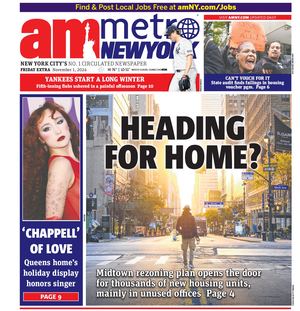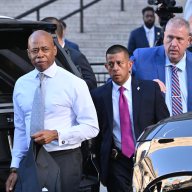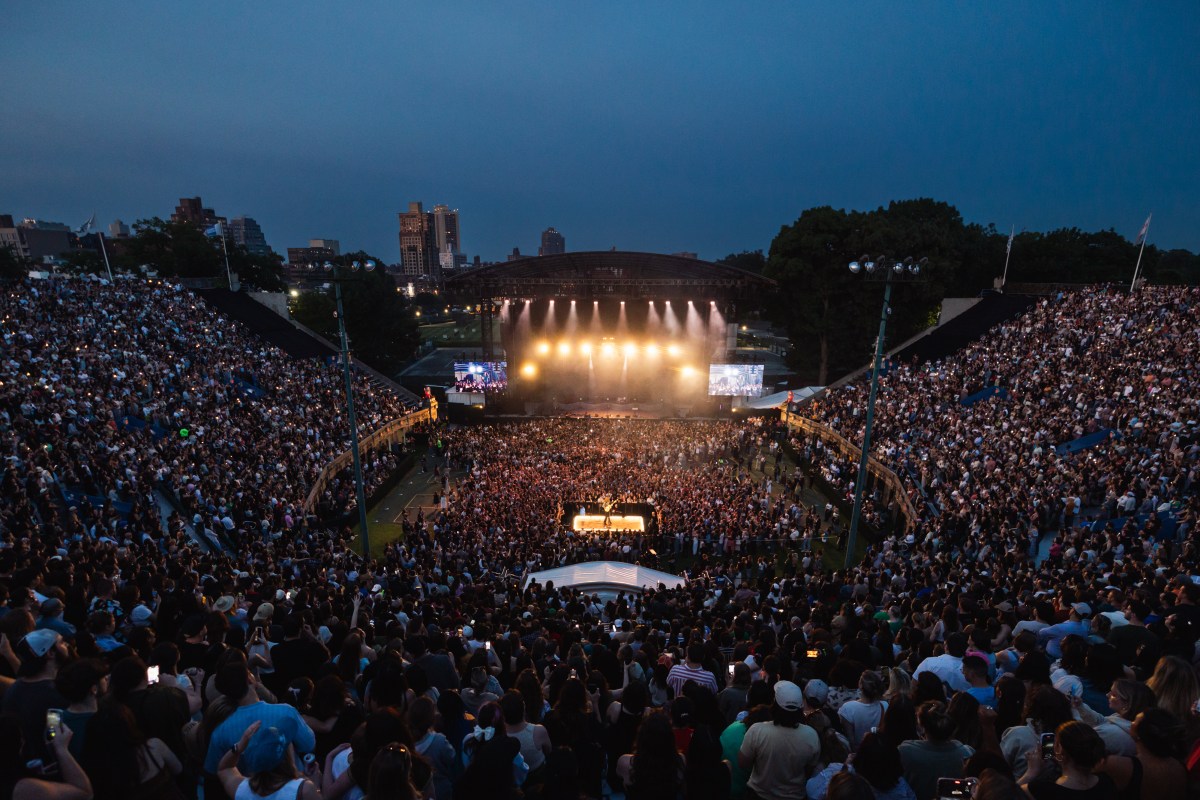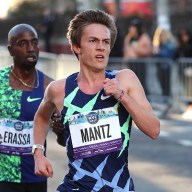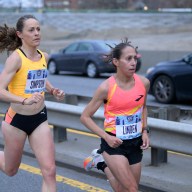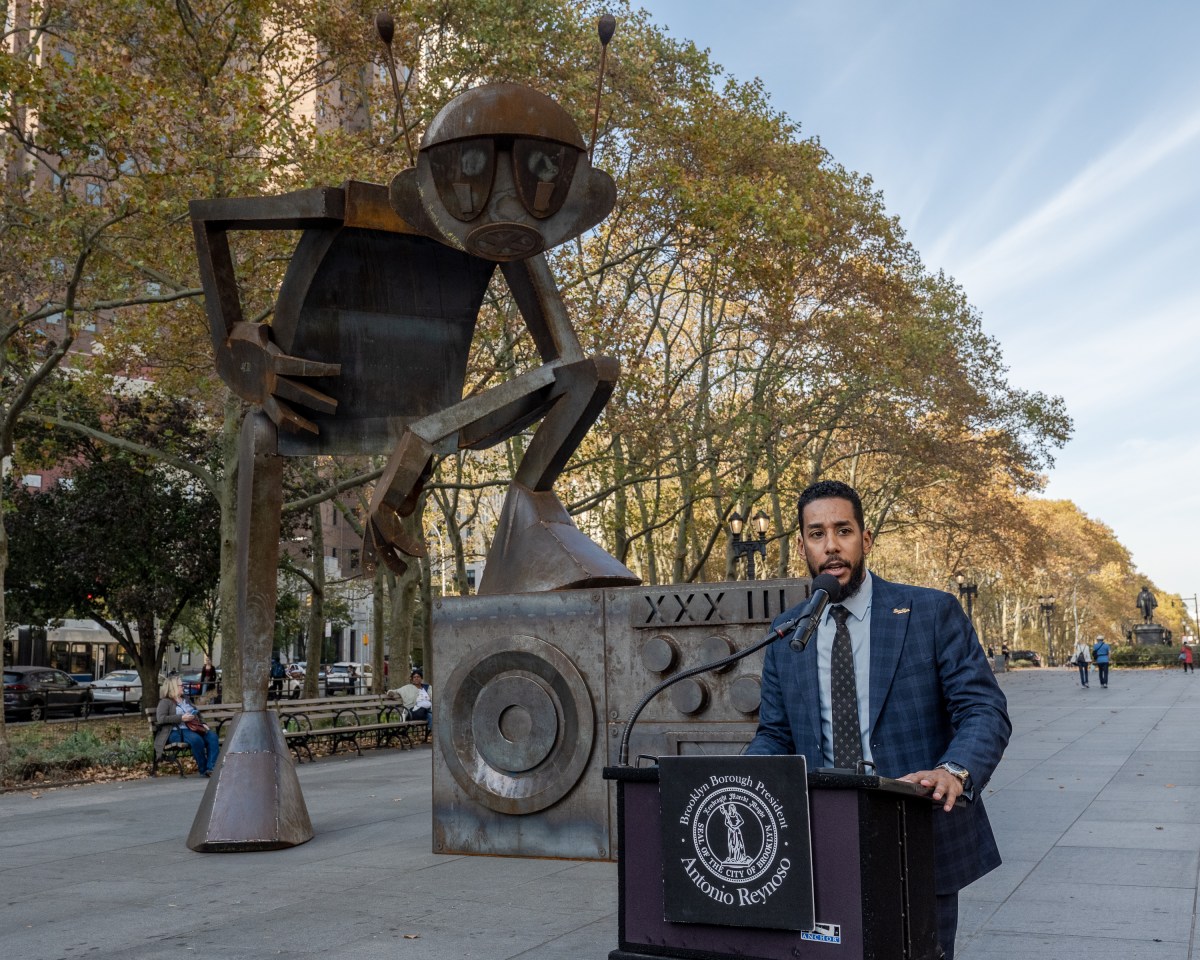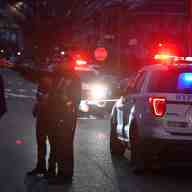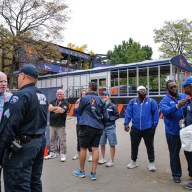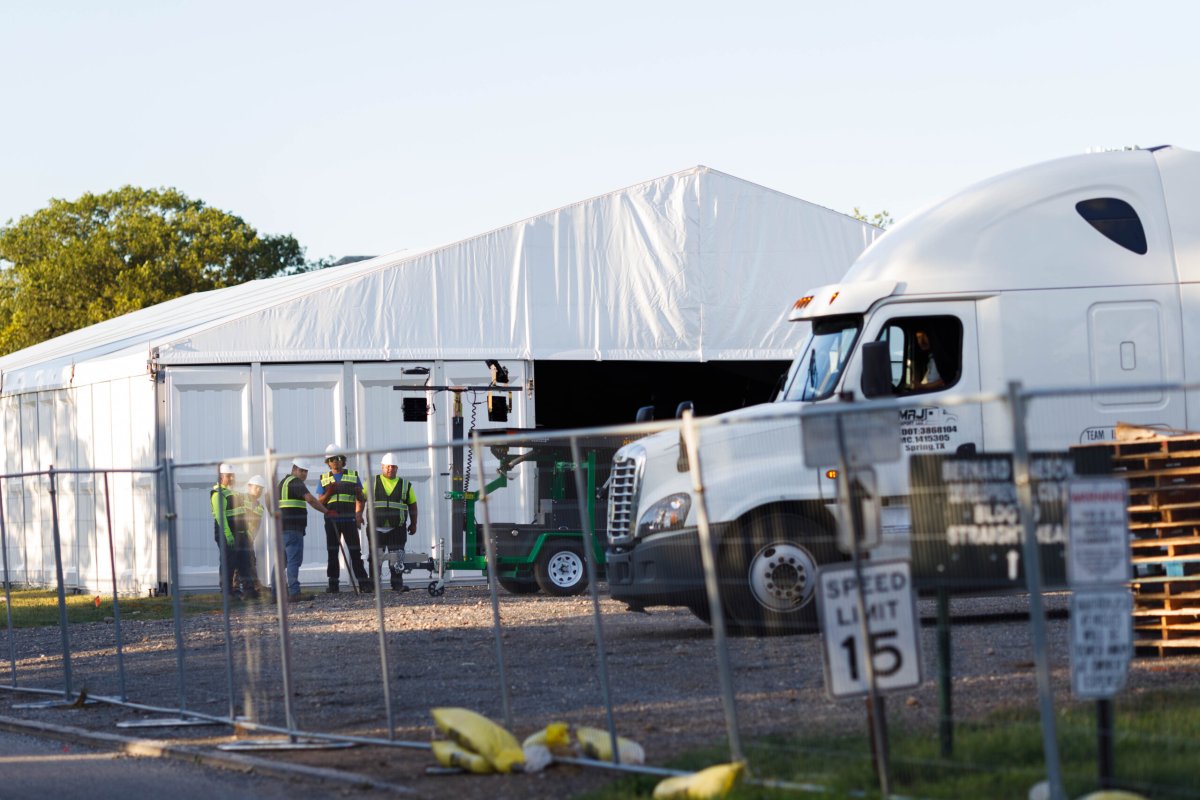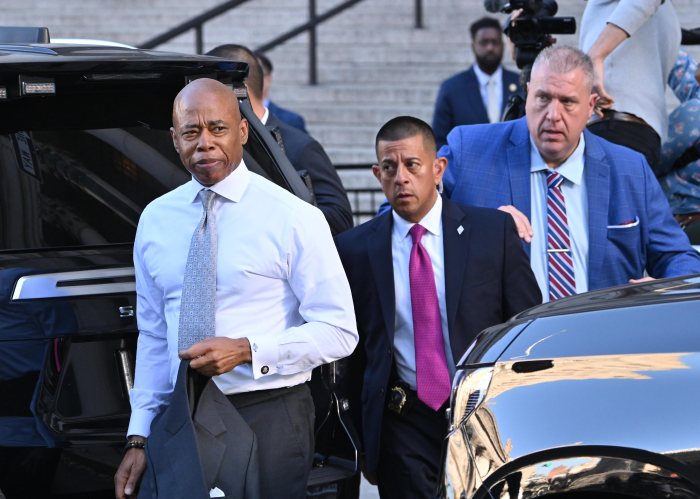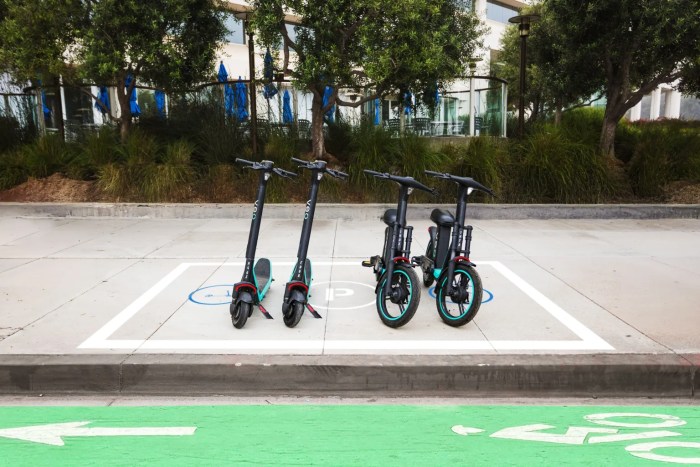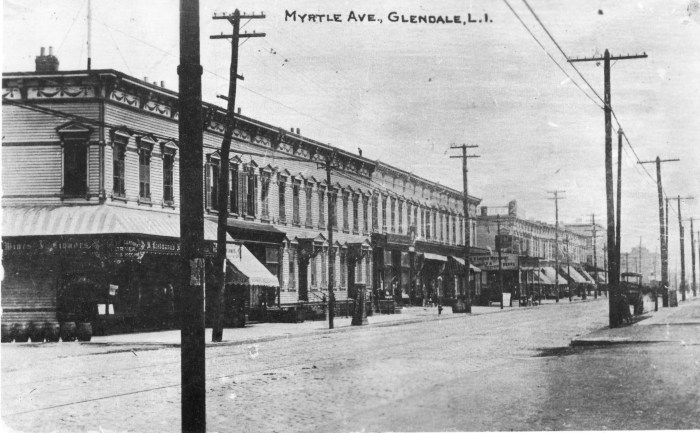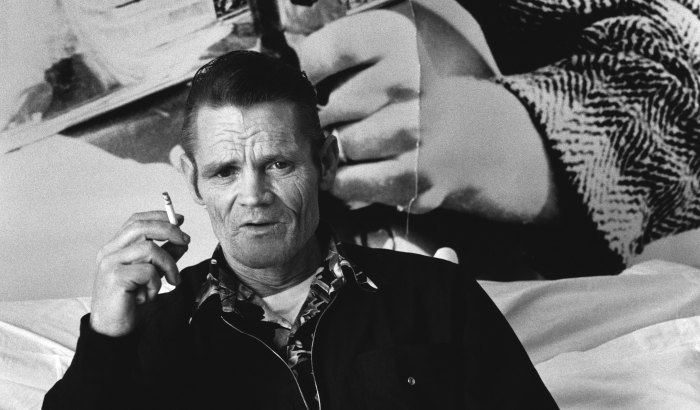
Advocates and city lawmakers on Tuesday rallied behind City Council legislation known as the Reckless Driver Accountability Act to crack down on dangerous motorists.
The act would have drivers’ cars booted or impounded if their vehicles log enough red-light or speed camera violations within a certain window of time, and if they do not take a required Driver Accountability Course.
“We need our City Council to keep passing legislation that brings our city streets from forbidding to livable, from forbidding to forgiving. And the worst drivers are the ones that commit [violations] again and again,” said Mary Beth Kelly of Families for Safe Streets. Kelly’s husband, Dr. Carl Henry Nacht, was struck and killed by a driver while riding his bike.
In 2017, 25,881 vehicles received at least five camera violations — about 1 percent of the roughly 2.1 million vehicles registered in the city.
While the bill package currently has support among a needed majority in the Council, a vote has been held up as the state works through its current budget process, according to Councilman Brad Lander, the act’s sponsor.
The city’s school-zone speed camera program, which is state-authorized, is currently operating under an emergency order from Gov. Andrew Cuomo after state lawmakers failed to pass legislation extend the program during the last budget cycle.
Cuomo’s budget proposal for the next year would reauthorize the program to be applied to 290 schools in New York City without the use of an executive order — a development that could have implications for the language of the act, Lander said.
“We actually need that resolved before we can finalize the language of the bill,” Lander said. “I believe that we can do it either way, but just the way the legal authority is crafted we kind of need to know if we’re drawing from a state-authorized program or drawing from just a program the city is doing with its own power. So now that the budget is in sight and will be clear on that once it’s done, we thought it’s time to reboot the advocacy.”
Lander, who drafted the act after a deadly Park Slope crash killed two small children and injured their mothers, was not supportive of Cuomo’s proposal. He argued that the governor should instead push to give the city control of its own speed cameras. Lander and others believe city control would allow for an easier expansion of the program to every school in the city. (Mayor Bill de Blasio on Monday said he’d support a speed camera in every school zone.)
Patrick Muncie, a spokesman for Cuomo, did not address the concept of city control in a statement, but touted that Cuomo has been "consistently supporting authorization [of the cameras] since 2013."
The city, while generally supportive of the act, has raised concerns over whether the it can legally carry out the act and the administrative task of drastically expanding its booting operations.
“The Councilmember’s bill raises legal issues that require further review, as well as presenting operational questions," said city Department of Transportation COO Margaret Forgione, during a hearing on the legislation in August.
Months later, the city didin’t offer any more clarity. Seth Stein, a mayoral spokesman, said in a statement Tuesday that the city is "continuing to review this bill and working with the council."
